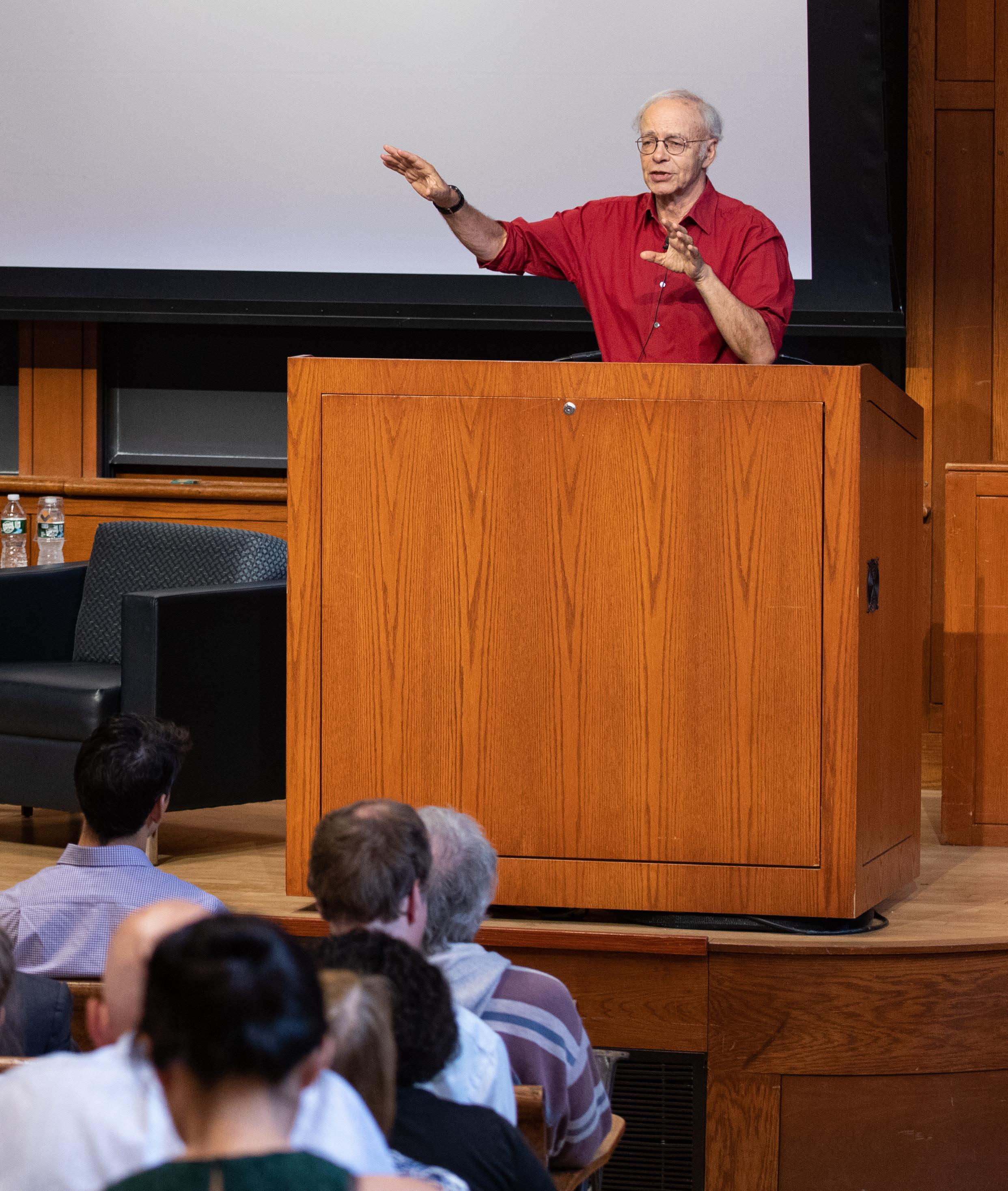
7 minute read
Deepening Understanding
from University Center for Human Values Annual Review 2019-20
by University Center for Human Values at Princeton University
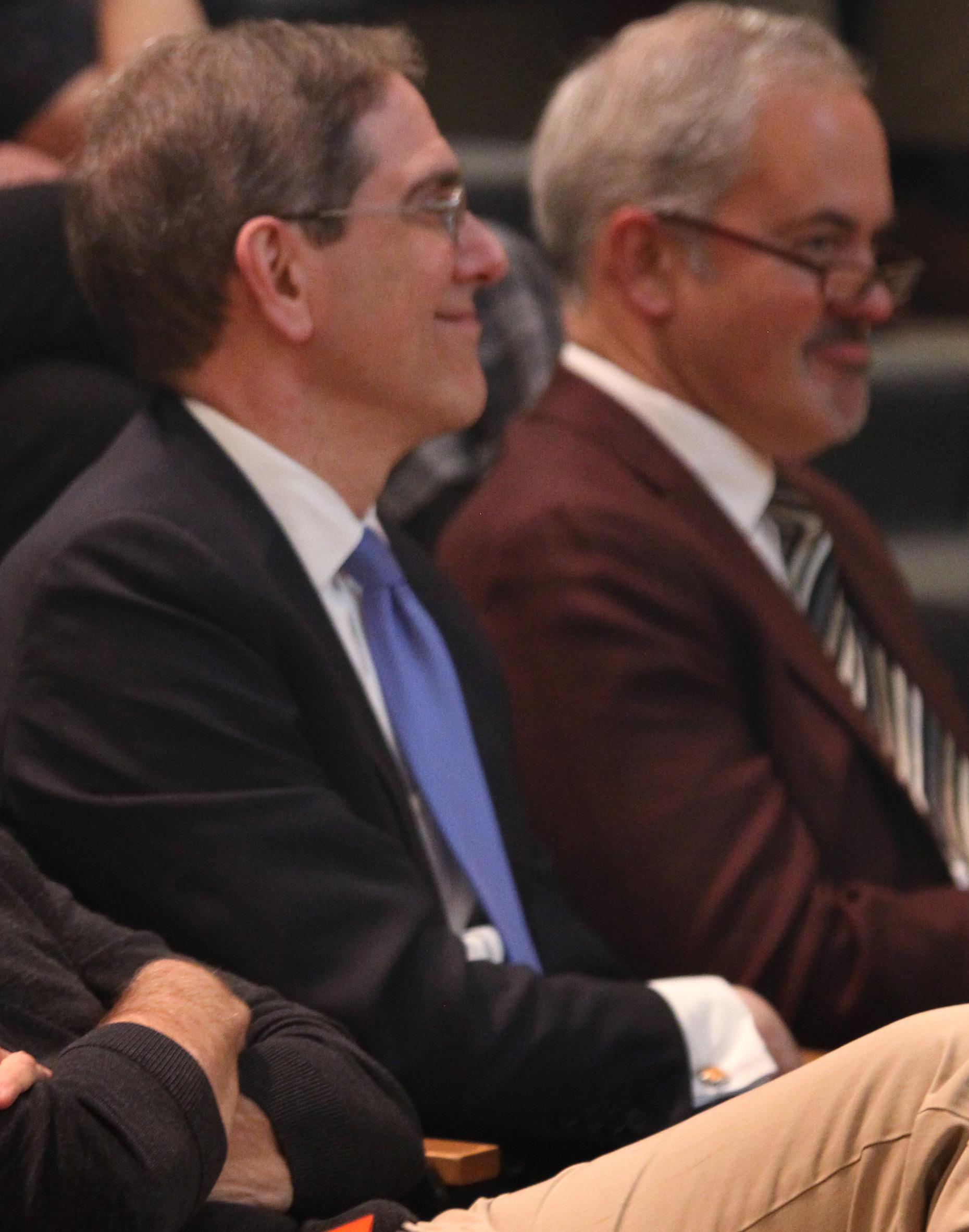
Richard Tuck discusses “Active and Passive Citizens” in the 2019 Tanner Lectures Tanner Lectures on Human Values
The Tanner Lectures on Human Values are presented annually at select universities around the world. The invited speaker presents a series of lectures reflecting upon scholarly and scientific learning relating to “the entire range of values pertinent to the human condition.” The University Center serves as host to these lectures at Princeton.
November 6-7
Richard Tuck, the Frank G. Thomson Professor of Government at Harvard University, delivered the fall 2019 Tanner Lectures. In his two-part lecture “Active and Passive Citizens,” Tuck defended the old view of modern democracy held by early theorists such as Jean-Jacques Rousseau, who viewed universal suffrage and majoritarian voting as the sole criteria for democratic politics. He contrasted Rousseau’s view of democratic politics as a matter of agency with that of Abbé Sieyès, who many political theorists see as the first person who theorized the modern state in the way it is thought of today: as a representative body designed to protect the fundamental rights of all its citizens, both “active” and “passive.”
Simone Chambers (University of CaliforniaIrvine), Joshua Cohen (University CaliforniaBerkeley), John Ferejohn (New York University School of Law) and Melissa Schwartzberg (New York University) gave responses.
James A. Moffett ’29 Lectures in Ethics
The Moffett Lecture Series aims to foster reflection about moral issues in public life, broadly construed, at either a theoretical or a practical level, and in the history of thought about these issues. The series is made possible by a gift from the Whitehall Foundation in honor of James A. Moffett ’29.
October 24
Barbara Herman, the Griffin Professor of Philosophy and professor of law at the University of California-Los Angeles, delivered the fall Moffett Lecture on “The Challenges of Beneficence: Revising the Terms.” In her lecture, Herman offered several Kantian insights and arguments to lay out a framework through which one can view beneficence and its demands on oneself, particularly the idea that beneficence is tied to the pursuit of happiness, and the help that a beneficent person might provide to the shortfalls in effective agency of another person.
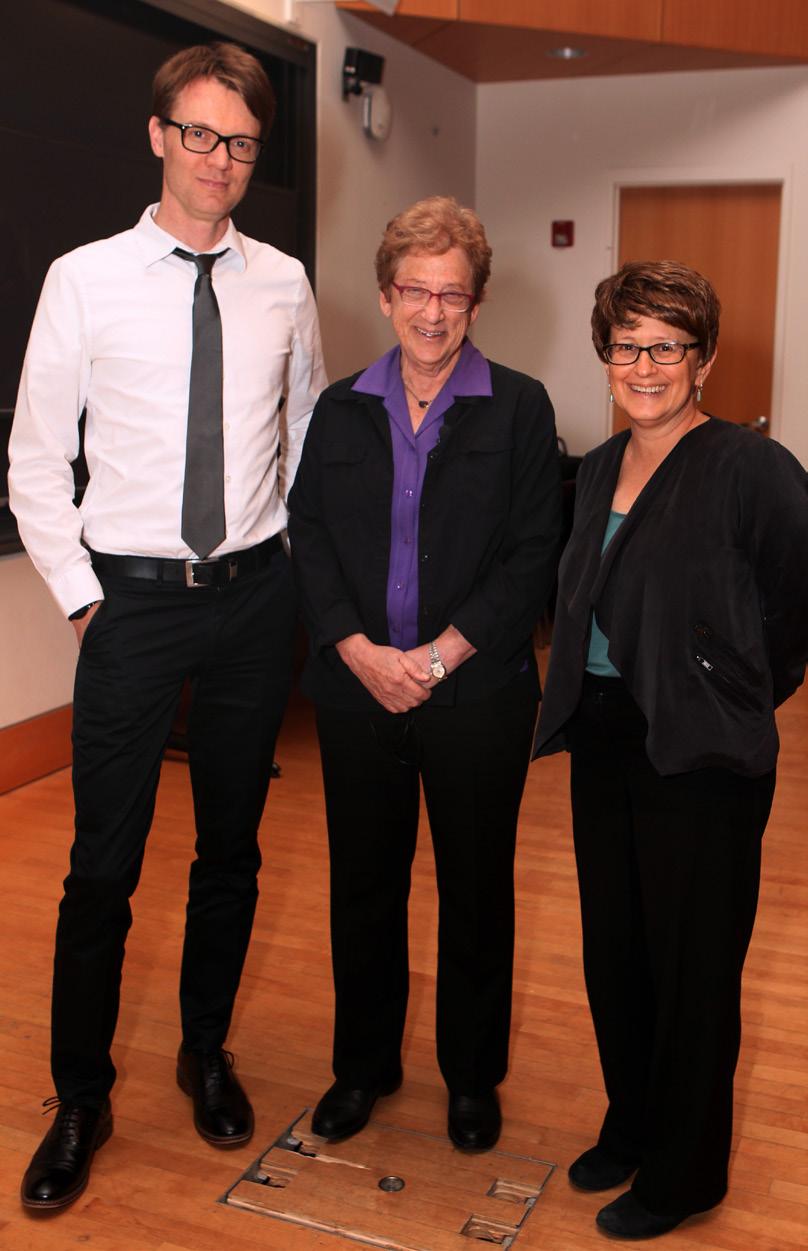
RIGHT Andrew Chignell, Barbara Herman, and Melissa Lane pose for a picture at the fall 2019 Moffett Lecture
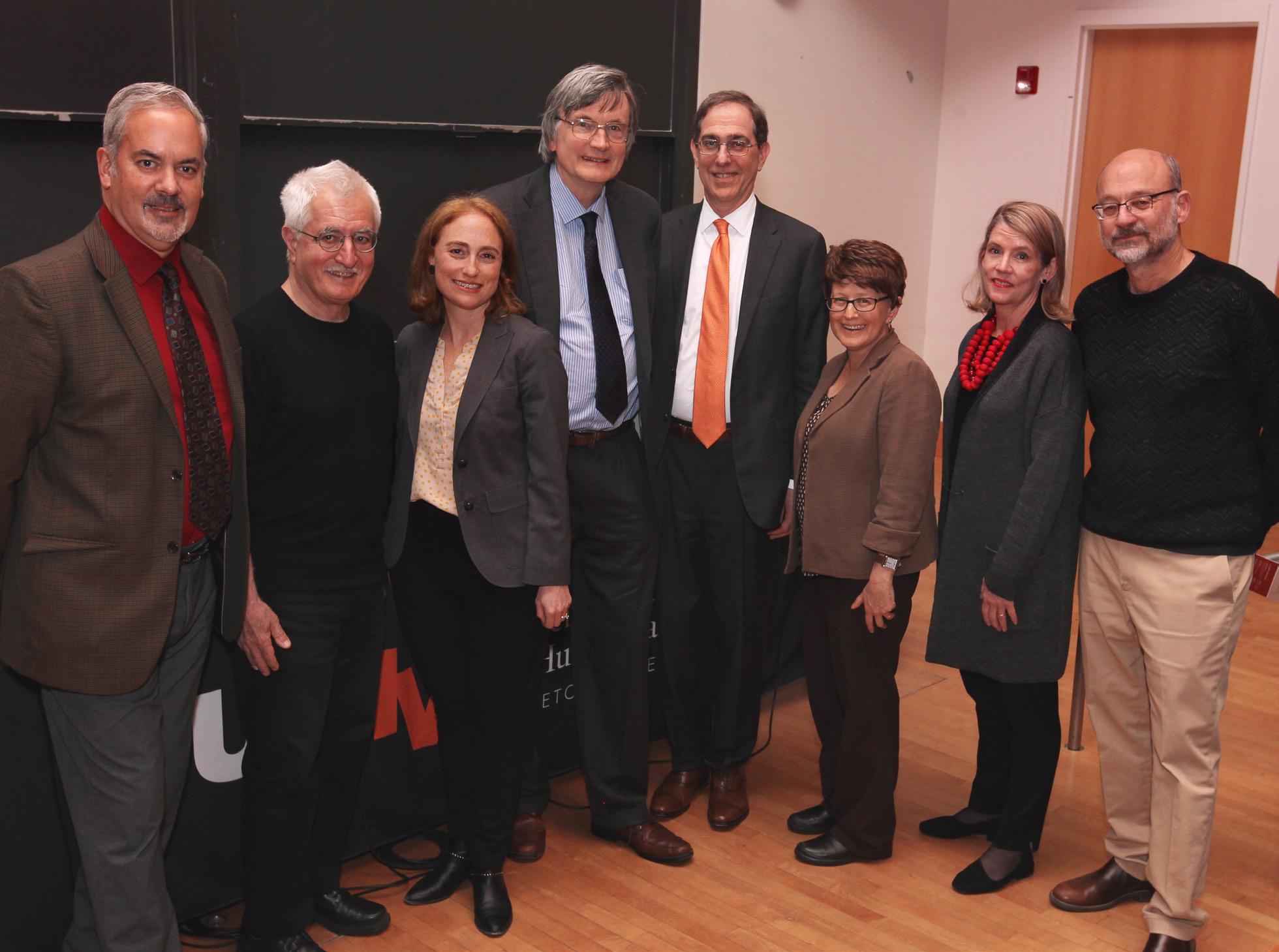
TOP Left to right: Stephen Macedo, John Ferejohn, Melissa Schwartzberg, Richard Tuck, Christopher L. Eisgruber, Melissa Lane, Simone Chambers, and Joshua Cohen assemble for a photo at the 2019 Tanner Lectures / BOTTOM John Ferejohn, Richard Tuck, and Simone Chambers in a dialogue following their respective responses to Tuck’s lecture on “Active Democracy”
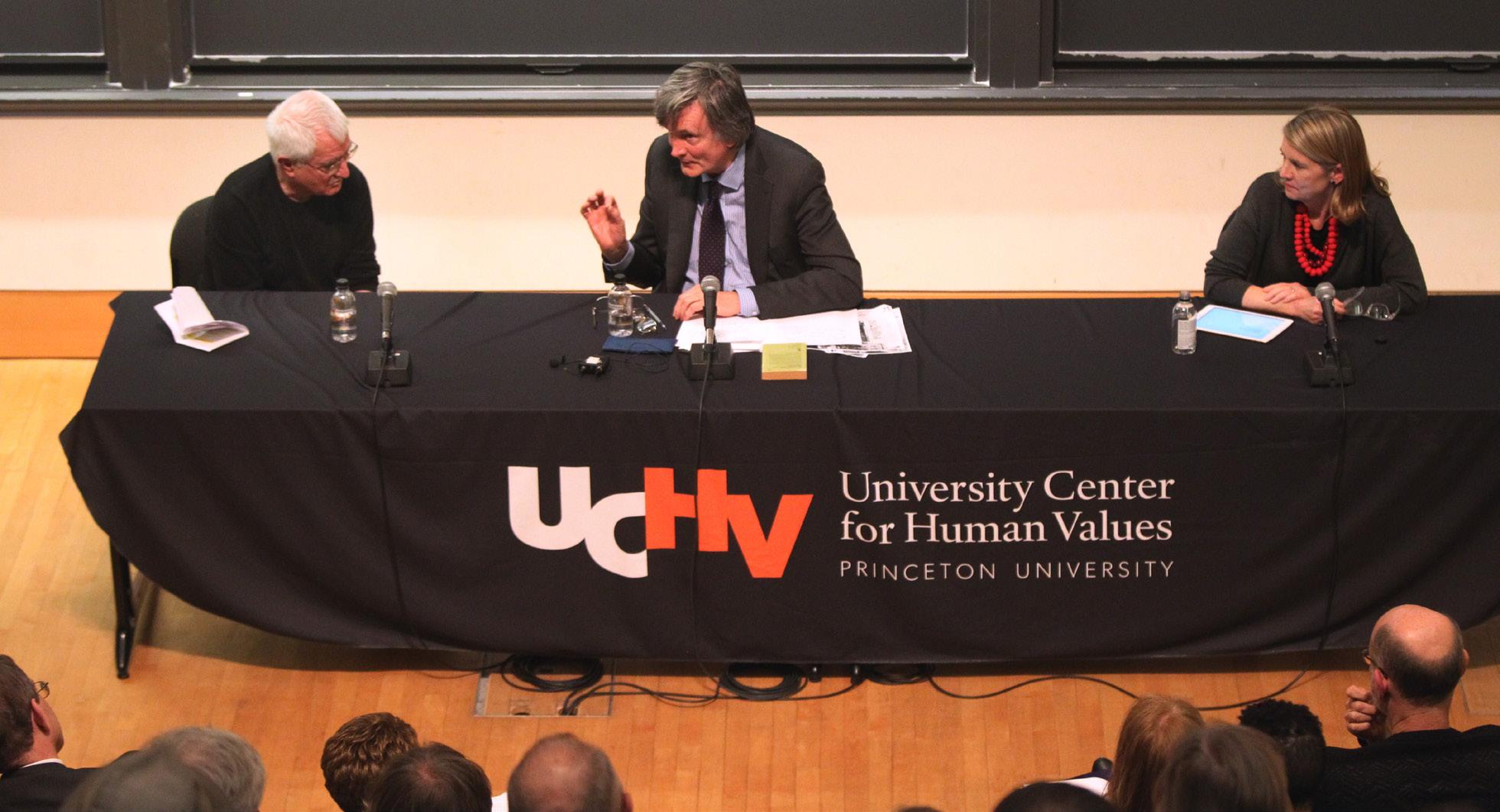
Program in Ethics and Public Affairs
The Program in Ethics and Public Affairs (PEPA) advances the study of the moral purposes and foundations of institutions and practices, both domestic and international. PEPA seminars seek to bring the perspectives of moral and political philosophy to bear on significant issues in public affairs.
October 3
Richard Bourke, Cambridge University “History and Normativity in Political Theory”
November 14
Aziz Rana, Cornell University “Rise of the Constitution”
February 13
Paul Starr, Princeton University “Three Ways of Thinking About the Public”
Ira W. DeCamp Bioethics Seminars
Seminars range across a wide variety of topics at the intersections of philosophy, ecology, biology, medicine, and public policy. The seminar series is made possible by a gift from the Ira W. DeCamp Foundation.
October 2
Patrick Lee, Franciscan University of Steubenville; Peter Singer, Princeton University; Alan Shewmon, University of California-Los Angeles; Moderated by Robert P. George, Princeton University “The Challenge to ‘Brain Death’: Are We Taking Organs from Living Human Beings, and If We Are, Does it Matter?”
October 16
Theron Pummer, University of St Andrews “Rescue, Cost and Numbers”
October 21
Matthew Connelly, Columbia University; Alex Ezeh, Drexel University; Frances Kissling, Center for Health Ethics and Social Policy; Dylan Matthews, Vox; Chaired by Peter Singer, Princeton University “Is Population Growth a Problem: If so, What Would Be an Ethical Response?”
November 13
Alejandra Mancilla, University of Oslo “Decolonizing Antarctica”
November 20
Michael Rabenberg, Princeton University “Imprecision in the Ethics of Rescue”
February 26
Tamar Schapiro, Massachusetts Institute of Technology “What Makes Weak-Willed Action Weak?”

LEFT TO RIGHT Tamar Schapiro, February 27 DeCamp presenter; Paul Starr, February 13 PEPA presenter
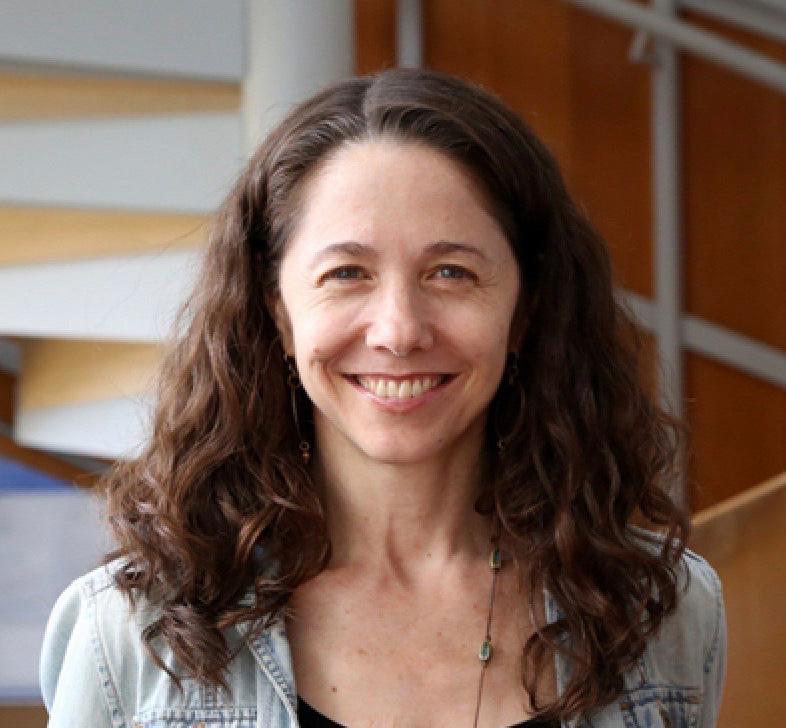
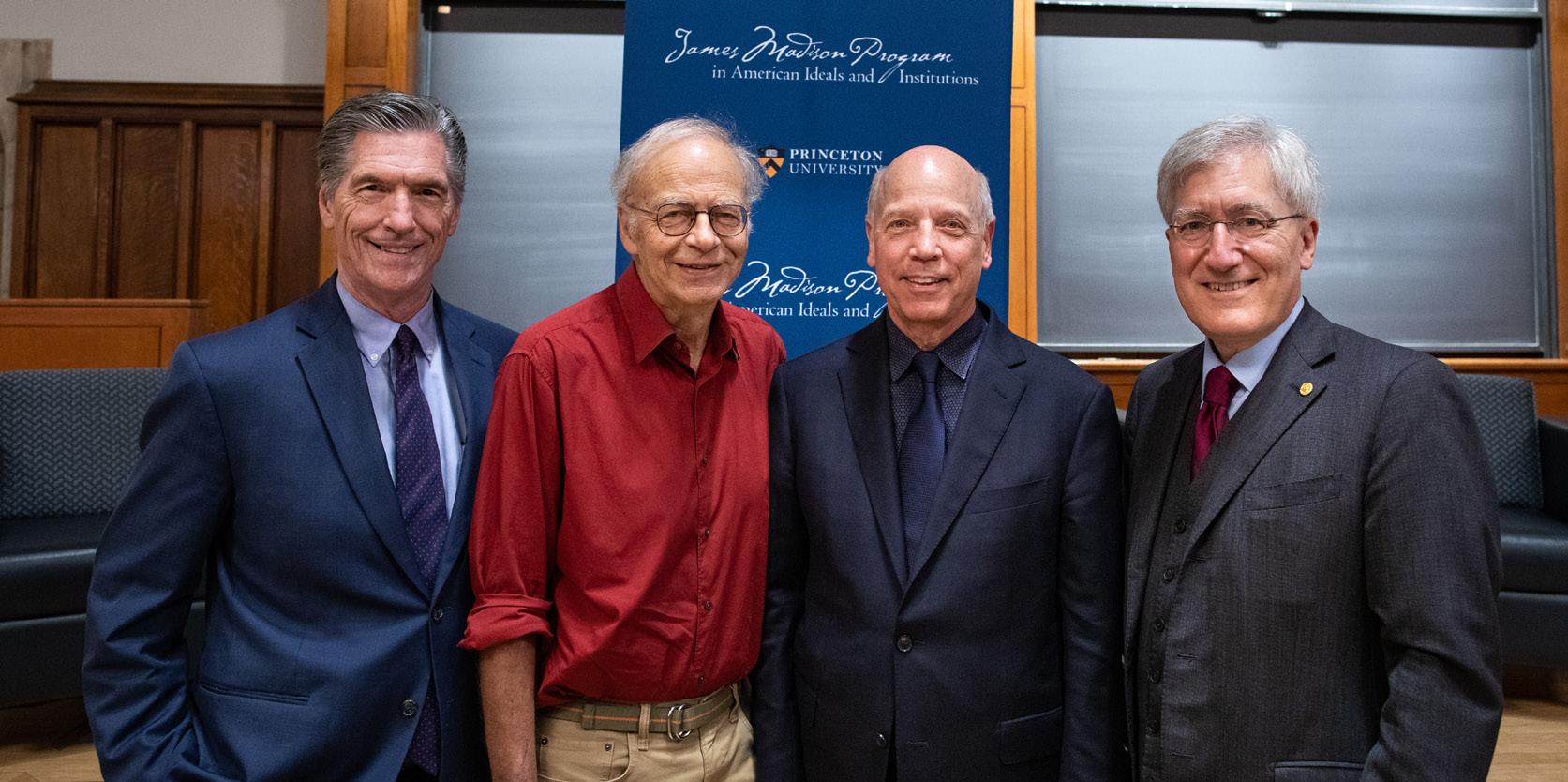
LEFT TO RIGHT Patrick Lee, Peter Singer, Alan Shewmon, and Robert P. George after the panel discussion on “The Challenge to ‘Brain Death’”
Political Philosophy Colloquium
The Political Philosophy Colloquium is co-sponsored by the Department of Politics. It presents talks by scholars from Princeton and elsewhere on a broad range of topics in the history of political thought, contemporary political philosophy, and related subjects.
December 5
Jonathan Quong, University of Southern California “Legitimate Injustice”
December 12
Duncan Bell, Cambridge University “The Politics of the Visionary Present: J. G. Ballard’s Surrealist Liberalism”
March 5
Laura Valentini, London School of Economics “Claim-rights, Moral Theory, and Social Empowerment”
History of Political Thought Project
The History of Political Thought Project provides a venue for Princeton students and faculty from different disciplines to discuss both substantive and methodological issues in the history of political thought and seeks to build bridges to comparative politics, comparative constitutional law, and area studies.
November 15-16
“Caesarism and Democracy: Historical and Normative Perspectives”
February 28
“Thomas Paine on the French Revolution: History and Theory”
UCHV Collaborative Projects
In the 2019-20 academic year, the UCHV fostered collaborations with these campus communities, expanding and deepening ties that extend beyond sponsorship of events.
The Center for Digital Humanities is an interdisciplinary research center and academic unit within the Princeton University Library that investigates the myriad ways digital methods and technologies are opening new avenues for research into the human experience, past and present.
The Climate Futures Initiative in Science,
Values, and Policy (CFI) is an interdisciplinary research program at Princeton, administered by the Princeton Environmental Institute (PEI) and sponsored by PEI and the UCHV. The initiative explores normative and positive approaches to the future of humankind, especially as that future is affected by climate change.
The Princeton Project in Philosophy and
Religion (PPPR) is an initiative of the UCHV, in cooperation with the Departments of Philosophy and Religion at Princeton. PPPR brings together an interdisciplinary group of students and scholars who share a research interest in the philosophy of religion, broadly construed.
The Program in Law and Public Affairs (LAPA)
explores the role of law in politics, society, the economy, and culture in the United States, countries around the world, and across national borders. Through its programming, teaching, and research initiatives, LAPA combines the multidisciplinary expertise of Princeton’s faculty with the knowledge provided by leading academic and practical experts on American, international, and comparative law.
Princeton Dialogues on AI and Ethics is a joint endeavor of the Center for Information Technology Policy (CITP) and the UCHV. The aim of this project is to develop a set of intellectual reasoning tools to guide practitioners and policymakers, both current and future, in developing the ethical frameworks that will ultimately underpin their technical and legislative decisions.
UCHV Special Events
September 13
Colonialism, Decolonization, and Global Justice
February 4
The Ethics of Algorithmic Decision-Making in Democratic Institutions
February 7-8
Is Hope a Virtue? A Workshop
February 14
Empirical Moral Psychology in the Philosophy Curriculum* * Organized by the Spring 2020 Visiting Professor for Distinguished Teaching, Stephen Stich
Co-sponsored Events and Conferences
(Organizing department is given in parentheses)
September 30
Ethics of the Next Billion Years (Princeton Effective Altruism and UCHV)
October 11-14
Belonging(s) in Movement: Performance and Workshops (Spanish and Portuguese)
October 15
Contemporary Poetry Colloquium: Documentary Poetics (English)
October 17-18
Amazonian Leapfrogging: Long-term Vision for Safeguarding the Amazon for Brazil and the Plane (Brazil LAB)
October 18
Prison and the Academy Symposium: “The Steeling of Minds: Education and Access in America’s Prisons” (Prison Teaching Initiative)
November 15-16
The Poetics of Material Life (English)
December 4-5
Americanization of French popular music from the end of the Civil War down to the present (History)
May 8
Antiquity in Early Modern France: Forms • Ideas • Media (French and Italian)
Co-sponsored Series
Compass Workshop (Philosophy)
Minorities and Philosophy (Philosophy)
Modern America Workshop (History)
Princeton Workshop in Normative Philosophy (Philosophy)
Princeton African Humanities Colloquium (PIIRS)
Princeton Medieval Colloquium (English)
Renaissance Studies Colloquium (English)
Social Criticism and Political Thought (UCHV)
Peter Singer gives a response to Dr. Alan Shewmon’s presentation at the October 2 Decamp lecture
